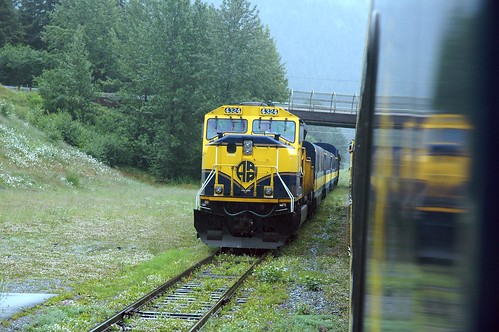Prize-winning documentary Inside Job was posted for free download at archive.org a few days ago. It was withdrawn late yesterday or this morning, but in the interim I had a chance to watch it. It was pretty much as I expected: A very well-documented expose of the forces which brought down the world economy, emphasizing that they have been rewarded, not punished, for doing so, and essentially escaped prosecution (some paid fines amounting to a small part of their takings.) It’s well put together, director Charles Ferguson seems to be a skilled and persistent interviewer, getting on-camera answers even from some of the guilty parties. Ominous music reflects our ominous economic future, lots of shots showing the Manhattan skyline, other centers of wealth, as well as foreclosed houses and abandoned developments.
As a documentary with a point of view, this film says “The guys who drove us off this cliff and unpunished and still in charge,” which might lead one to suppose that, if only they could be caught and punished, perhaps our long-term future would become brighter. These guys own the government, of course, so exactly how a prosecution would work isn’t clear. Elliott Spitzer’s experience, reported in the movie, does not make one optimistic.
The problem, as I see it, is that Inside Job doesn’t tell the story from the beginning. I would represent the principal causes of the global financial crisis as the five connected items below
5 Regulatory capture and control of the government
↑
4 Concentration of financial power
↑
3 Securitization
↑
2 Loans against capitalized rent
↑
1 Private collection of economic rent
IJ describes 5 quite well, addresses 3 and 4, but doesn’t get into the fundamentals. As long as, and to the extent that, we have private collection of economic rent, we will continue to suffer from economic crashes. Inside Job needs a prequel explaining the root cause of the problem.

